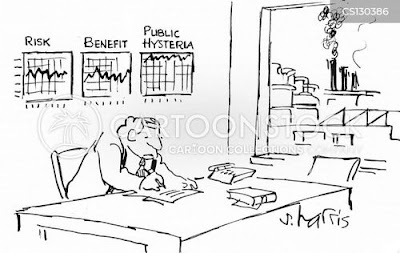Hysteresis, not hysteria New paper by Thomas Palley. From the abstract:This paper argues for broadening the application of hysteresis to institutions, policy lock-in, psychology, identity, and economic ideas. Hysteresis is an element of historical processes, and the real world is historical. That explains why hysteresis is pervasive and important. Hysteresis should be a fundamental building block of political economy. Expanding its application in economics is both an opportunity and a challenge. The opportunity is that it provides a means for incorporating political, sociological, andpsychological forces which economics tends to neglect. That will enrich economics and can also provide a mutually enriching bridge to other social sciences. The challenge is introducing such concerns raises
Topics:
Matias Vernengo considers the following as important: hysteresis, Palley
This could be interesting, too:
Matias Vernengo writes Paul Davidson (1930-2024) and Post Keynesian Economics
Matias Vernengo writes Paul Davidson (1930-2024)
Matias Vernengo writes Keynes’ denial of conflict: a reply to Professor Heise’s critique
Matias Vernengo writes Dollar Hegemony and Argentina
New paper by Thomas Palley. From the abstract:
This paper argues for broadening the application of hysteresis to institutions, policy lock-in, psychology, identity, and economic ideas. Hysteresis is an element of historical processes, and the real world is historical. That explains why hysteresis is pervasive and important. Hysteresis should be a fundamental building block of political economy. Expanding its application in economics is both an opportunity and a challenge. The opportunity is that it provides a means for incorporating political, sociological, and
psychological forces which economics tends to neglect. That will enrich economics and can also provide a mutually enriching bridge to other social sciences. The challenge is introducing such concerns raises questions about the character of economics’ knowledge claims, which is likely to trigger resistance from economists.

